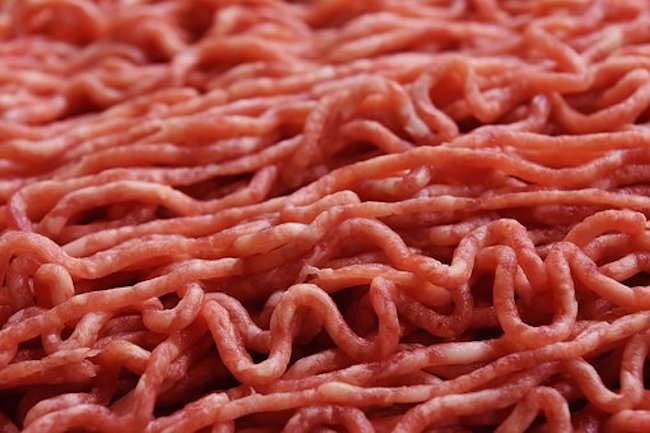Real meat for me, but not for thee: Globalists pushing lab-grown meat for the masses By Ramon Tomey for Ingredients
The days of Americans enjoying a nice cut of steak may soon come to an end, as Microsoft founder Bill Gates and other globalists are pushing people to eat meat analogs grown in a laboratory.
Back in April 2021, Children’s Health Defense (CHD) mentioned how several companies are accelerating the artificial meat revolution.
“For instance, plant-based meat companies like Beyond Meat and Impossible Foods use a DNA coding sequence from soybeans or peas to create a product that looks and tastes like real meat. Some companies are also investing in cell-based meat grown from real animal cells, but it has yet to reach the market.”
CHD enumerated several companies that are involved in lab-grown meat in the April 2021 article. These include Ginkgo Bioworks with its custom-built microbes for artificial meat, Motif Foodworks with its plant-based meat and dairy alternatives and Nature’s Fynd with its fungi-grown meat and dairy alternatives. Other companies involved include BioMilq with its lab-grown breast milk and Eat Just with its egg substitutes made from plant proteins.
Aside from these startups, long-time meat industry players have also joined the artificial meat revolution by selling meat products made using either pea or soy protein. These include Perdue Farms, Maple Leaf Foods, Nestle, Cargill and Tyson Foods. The latter also invested in two companies – Memphis Meats and Future Meat Technologies – that are both involved in lab-grown meat.
The CHD article also pointed out that Gates has been at the forefront of artificial meat, citing how he “has invested $50 million in Impossible Foods and actively finances Beyond Meat, Ginkgo Bioworks and BioMilq.”
Months before CHD published its April 21 article, Gates exhorted first-world countries to shift to lab-grown meatduring a February 2021 interview with the MIT Technology Review.
“I do think all rich countries should move to 100 percent synthetic beef. You can get used to the taste difference, and the claim is they’re going to make it taste better over time. Eventually, that green premium is modest enough that you can sort of change the [behavior] of people or use regulation to totally shift the demand,” the technology bigwig told the outlet’s James Temple. (Related: Bill Gates, a Beyond Meat stakeholder, wants all first world countries to eat synthetic meat.)
Gates also expressed disappointment over proposals that limit how lab-grown meat is marketed to consumers during his interview with Temple. “The politics [are challenging.] There are all these bills that say it’s got to be called, basically, lab garbage to be sold. They don’t want us to use the beef label,” he said.
Lab-grown meat harbors a bloody secret
Gates and other global elites have espoused lab-grown meat as an ethical solution for the world’s food supply issues. Artificial meat has also been touted as an alternative for livestock, which many believe plays a big factor in “climate change.” However, lab-grown meat analogs appear to harbor a bloody secret – they are derived from unborn cows.
Investigative journalist Tom Philpott alleged in an article that fetal bovine serum (FBS) is used to manufacture lab-grown meat. FBS is obtained from the “blood of unborn cow fetuses … extracted from their mothers after slaughter.”
Philpott argued that the use of FBS to mass-produce artificial meat poses two major issues.
First, FBS is extremely expensive – with the minimum price for a liter costing $1,000. “To break even on expenses, companies would have to sell their cultured meat for about $200,000 per pound,” said the investigative journalist.
Second, makers of lab-grown meat cannot market their products as either “slaughter-free” or vegan when a slaughterhouse byproduct – FBS from cow fetuses – is used to create them.
“The FBS-replacement problem, plus other gaping challenges like perfecting machine that can grow cells at industrial scale, means [lab-grown meat] will likely never be economical,” said Philpott.
Visit FrankenFood.news to read more stories like this.




